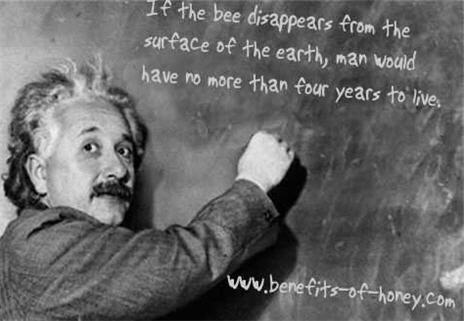http://geneticliteracyproject.org/2015/03/23/usda-study-concludes-neonics-not-driving
Basically, it doesn't seem like
1. Bees are actually in trouble
2. Neonetics are doing anything special to bees
Even as a special White House created task force is poised this week to address concerns over supposedly vanishing honeybees, new research suggests that the very premise of the federal investigation may be misplaced.
Last summer, President Obama asked the Environmental Protection Agency to investigate conflicting reports that pesticides, and in particular a class of chemicals known as neonicotinoids, were the probable cause of mysterious bee deaths and declining numbers of beehives.
The latest headline on farmers critical pollinator? The numbers of beehives are actually growing, continuing a multi-year improvementgradually repairing the damage wrought by the 2006 mass bee die off in California known as Colony Collapse Disorder.
The Department of Agriculture announced late last week that honey production, which had been disrupted after CCD devastated the bee population nine years ago, continues to improve, up 14%. The total number of hives also increased again, by 100,000 or 4%, as it had increased the year before and the year before that.
...
Scientists now say that the Lu study, published in an obscure pay for play journal, proved only that feeding bees poisonous levels of an insecticide can and will kill them. University of Illinois Department of Entomology Chair May Berenbaum, who headed up the National Academy of Sciences 2007 National Research Council study on the Status of Pollinators in North America, has called Lus research effectively worthless to serious researchers.
Basically, it doesn't seem like
1. Bees are actually in trouble
2. Neonetics are doing anything special to bees

